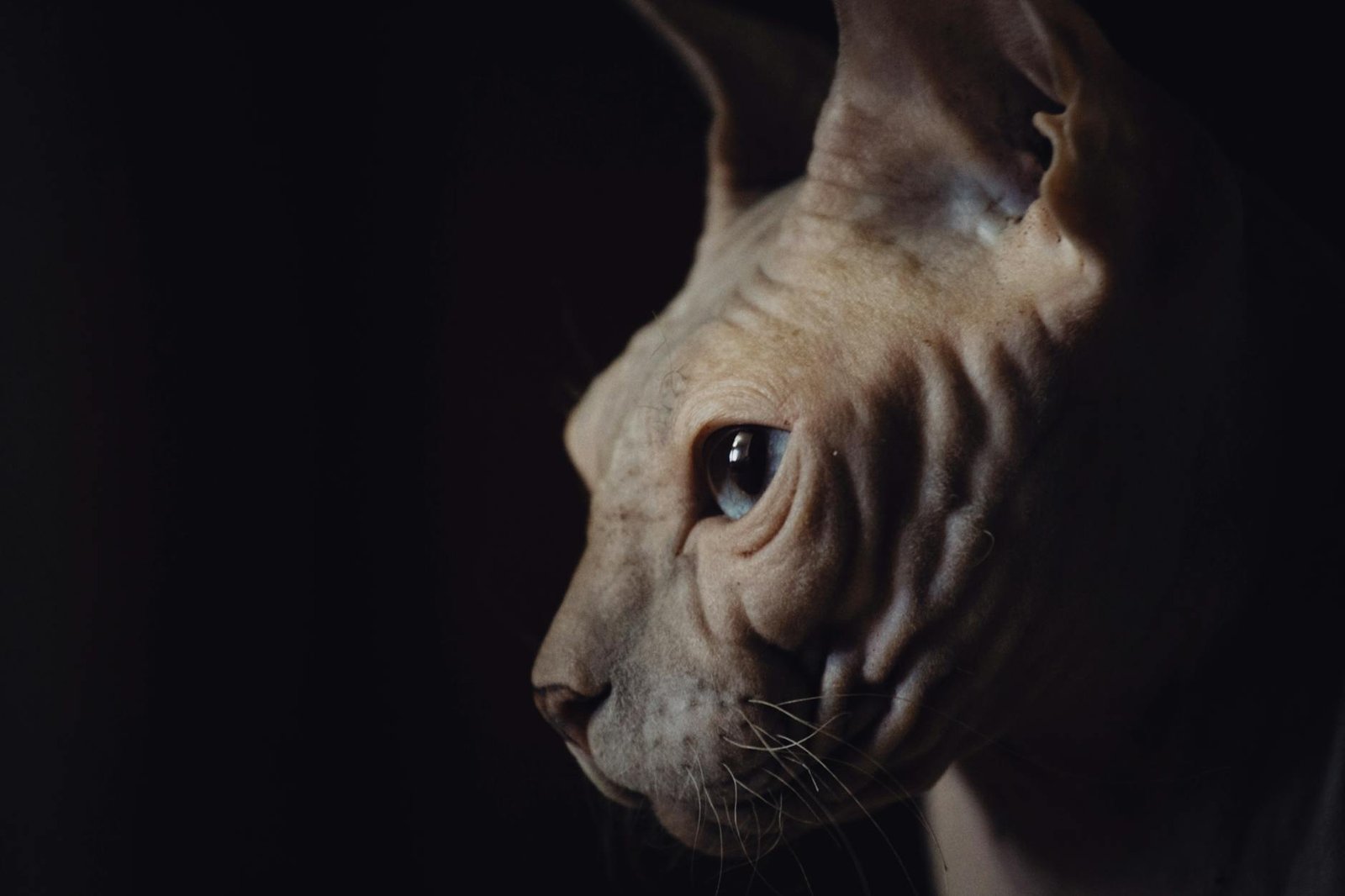Sphynx cat nutrition is a fundamental key to their health, supporting their high metabolism, skin, and overall well-being. Understanding the unique dietary needs of your Sphynx cat ensures they thrive. In this guide, we’ll explore the best food options for Sphynx cats, highlight their key nutritional requirements, and offer tips for maintaining a balanced diet.
Learn more about Sphynx Cat Health and Skin Care.
Healthy Sphynx Cat Foods
Why Excellent Sphynx Cat Nutrition is Critical
Because Sphynx cats have higher energy requirements due to their lack of fur, they burn more calories to regulate their body temperature. Their diet must be high in animal protein, healthy fats, and essential nutrients to maintain muscle mass, skin health, and energy levels. Proper nutrition also supports their immune system and reduces the risk of obesity or other diet-related issues.
Explore more about Common Health Issues in Sphynx Cats.
Key Sphynx Cat Nutritional Needs
- Protein
Adequate sphynx cat nutrition requires a high-protein diet with sources like chicken, turkey, beef, or fish. This supports their energy and muscle mass while helping to maintain healthy skin. - Healthy Fats
Omega-3 and Omega-6 fatty acids are essential for maintaining hydrated skin and overall brain function. These fats can be found in foods like salmon and fish oil. - Hydration
Ensuring proper hydration is crucial for proper Sphynx cat nutrition. Wet food, in addition to water, helps keep their skin healthy and prevents dryness. - Vitamins and Minerals
A diet rich in Vitamin E, Vitamin B, and Zinc is key to maintaining the skin’s elasticity and overall health. Ensure these nutrients are included in the food you choose.
Learn more about Sphynx Cat Skin Health and Care.
Best Foods for Sphynx Cats
- Wet Food: Provides added hydration and is rich in high-quality protein and fats. Choose grain-free formulas with real meat as the main ingredient.
- Dry Kibble: High-protein, grain-free dry food is suitable for Sphynx cat nutrition, but it’s essential to provide plenty of fresh water alongside it.
- Raw Diet: Some owners opt for a raw food diet, which includes raw meat, organs, and bones. Consult with your vet to ensure balance and avoid nutrient deficiencies.
For more guidance, see our Sphynx Cat Feeding Schedule and Nutrition Tips.
Foods to Avoid
- Grains and Fillers: Foods with high levels of corn, wheat, and soy can lead to digestive issues.
- Carbohydrate-Rich Foods: Excess carbohydrates can contribute to obesity in Sphynx cats.
- Artificial Ingredients: Avoid foods with artificial flavors or preservatives, as these can lead to allergies or other health problems.
Learn more about harmful foods for cats at Cornell Feline Health Center.
How Often to Feed Your Sphynx Cat
Due to their high metabolism, Sphynx cats benefit from frequent, small meals throughout the day. Providing 3 to 4 meals, or leaving kibble out for grazing, helps maintain their energy levels. Ensure they receive a balanced mix of wet and dry food to support hydration and nutritional needs.
Supplements for Sphynx Cats
Incorporating supplements such as fish oil for omega-3s, probiotics for digestive health, and multivitamins to fill any nutritional gaps can help improve your Sphynx cat’s overall health. Always consult your vet before adding supplements to your cat’s diet.
Conclusion
Providing a well-balanced diet that meets your Sphynx cat’s nutritional needs is key to supporting their skin health, energy levels, and longevity. By focusing on high-quality protein, healthy fats, and proper hydration, you can ensure your Sphynx cat thrives. Remember to consult your vet before introducing new foods or supplements to maintain a healthy, balanced diet. protein, healthy fats, and plenty of hydration, you can ensure your Sphynx thrives. Remember to avoid common food allergens and consult your vet if you plan to introduce new foods or supplements. With proper sphynx cat nutrition, your Sphynx cat will enjoy a long, healthy life.

